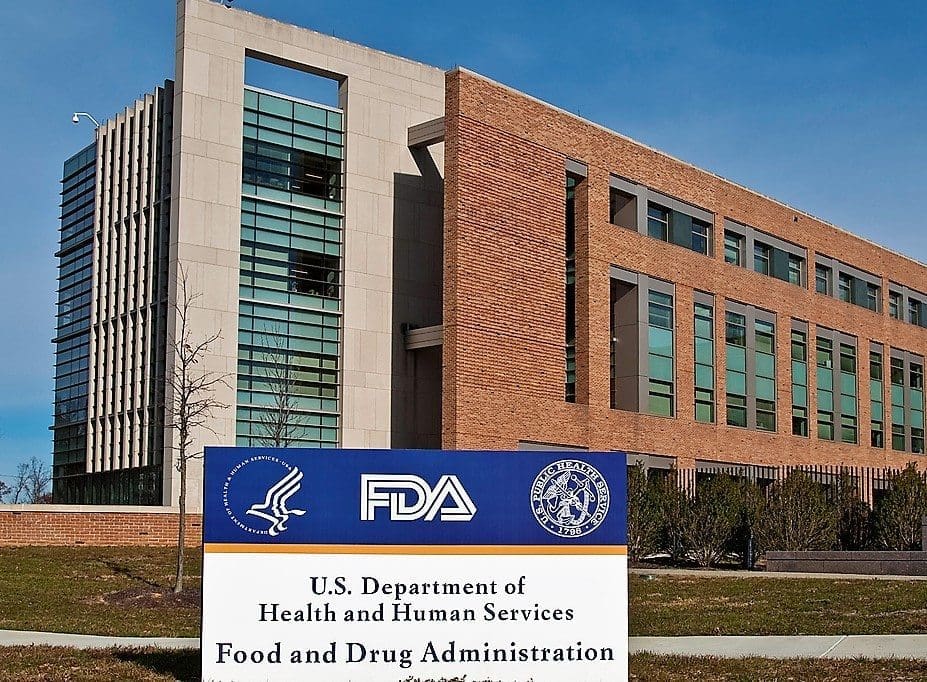
TO: NACDS Chain Members
FROM: Steven C. Anderson, FASAE, CAE, IOM, NACDS President & Chief Executive Officer
Date: August 25, 2023
Today, the Food and Drug Administration announced that enforcement of the package level product tracing requirements enacted under the Drug Supply Chain Security Act (DSCSA) has been delayed one year – until November 27, 2024. Further, FDA posted a guidance document outlining its compliance policies for these interoperable, electronic, package level product tracing requirements. This delay is an acknowledgement of a much needed delay – advocated by NACDS, along with supply chain and other pharmacy partners – to address technical and operational issues that had the potential to create supply chain disruptions and adversely impact patients’ access to needed medications. NACDS applauds this move by FDA to delay enforcement.
Enacted by Congress nearly 10 years ago in late November 2013, DSCSA set forth requirements for pharmaceutical supply chain trading partners (i.e., manufacturers, wholesale distributors, repackagers, dispensers, and third-party logistics providers) to establish the package-level “track and trace” of products that move through the prescription drug supply chain throughout the United States. The DSCSA requires interoperable and electronic tracing to identify compromised prescription drugs, including those that may be counterfeit, stolen, contaminated, dangerous, or harmful, to support their removal from the pharmaceutical supply chain. Originally, these requirements were expected to go into effect by November 27, 2023. However, many supply chain trading partners are not yet ready for the final phase of implementation due to technical and other operational issues. FDA has heard from stakeholders throughout the supply chain as to the varying levels of readiness among affected entities and the need for clarity and flexibility to ensure trading partners can continue to move product through the supply chain to meet patients’ needs.
In the lead up to FDA’s action today, NACDS had been involved in several collaborative efforts to urge the FDA to delay these requirements. In particular, NACDS had an extremely strong collaboration with the Healthcare Distribution Alliance, supporting their phased approach to DSCSA implementation.
Further NACDS actions have included:
- On July 7th, NACDS submitted a letter to the U.S. House Energy and Commerce Committee leadership in response to a drug shortage RFI referencing our DSCSA phased-in approach.
- On July 14th, NACDS submitted a joint comment letter with NCPA and the American Pharmacists Association (APhA) to FDA to request that the agency adopt a phased approach to the upcoming implementation of the remaining provisions of the DSCSA.
- On July 17th, NACDS issued a joint press release with NCPA and APhA urging FDA to adopt phased approach to DSCSA requirements implementation.
- On July 28th, the joint letter was mentioned in an Inside Health Policy article about members of Congress asking FDA to adopt a phased approach.
- On August 1st, U.S. Representatives Balderson and Kuster issued a letter of inquiry on DSCSA implementation to FDA which referenced our phased-in approach, and NACDS offered formal support.
- On August 9th, NACDS released a survey, conducted by polling and media company Morning Consult and commissioned by NACDS. The poll reflected the public’s concerns about healthcare product and prescription drug shortages and how FDA’s failure to adopt a phased approach could exacerbate ongoing prescription drug shortages. NACDS shared the results with government decision-makers.
- On August 10th, NACDS held a meeting with the FDA alongside NCPA and APhA to discuss our concerns and recommendations. Subsequent to the meeting, NACDS shared the Morning Consult consumer survey results with FDA and Congressional leadership.
In recent weeks leading to this FDA decision, NACDS has continued to foster our close alignment with our supply chain and pharmacy partners, in addition to appropriately engaging with media contacts. We are pleased by this news that mitigates potential supply chain disruptions and supports patient access to needed medications.